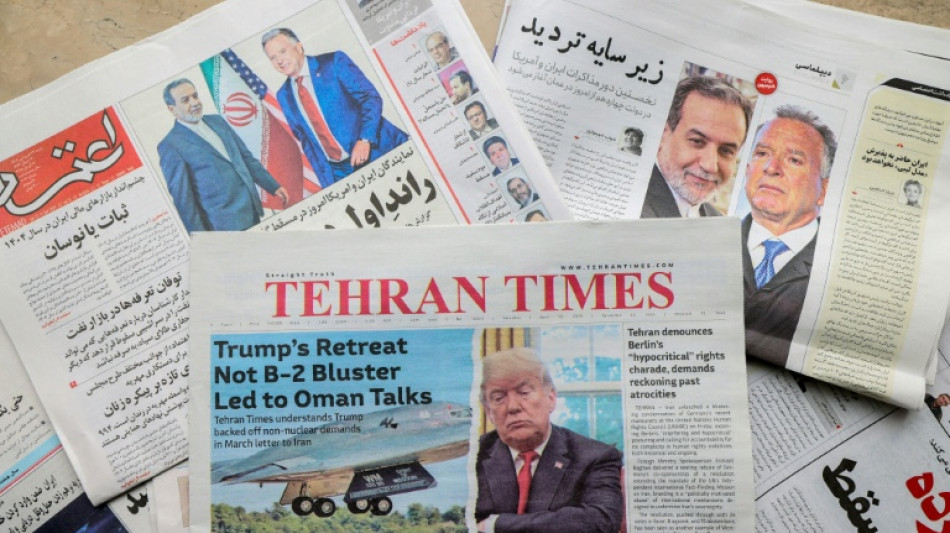
-
 Malawi's debt crisis deepens as aid cuts hurt
Malawi's debt crisis deepens as aid cuts hurt
-
Danish brewer adds AI 'colleagues' to human team

-
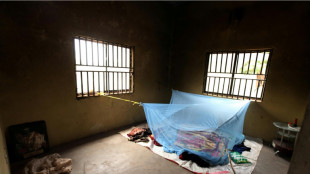 USAID cuts rip through African health care systems
USAID cuts rip through African health care systems
-
Arsenal target Champions League glory to save season

-
 Kane and Bayern need killer instinct with home final at stake
Kane and Bayern need killer instinct with home final at stake
-
Mbappe leading Real Madrid comeback charge against Arsenal

-
 S. Korea plans extra $4.9 bn help for chips amid US tariff anxiety
S. Korea plans extra $4.9 bn help for chips amid US tariff anxiety
-
Xi's Vietnam trip aiming to 'screw' US, says Trump
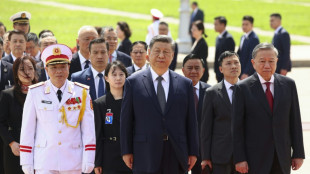
-
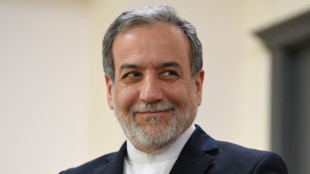 Iran's top diplomat to visit Russia after US nuclear talks
Iran's top diplomat to visit Russia after US nuclear talks
-
China accuses US spies of Asian Winter Games cyberattacks

-
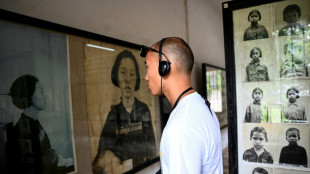 Cambodia genocide denial law open to abuse, say critics
Cambodia genocide denial law open to abuse, say critics
-
Holocaust remembrance and Gaza collide in Brussels schools
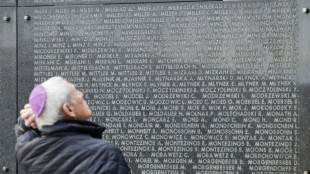
-
 The miracle babies who survived Ravensbruck
The miracle babies who survived Ravensbruck
-
Asian stocks mixed as stability returns, autos lifted by exemption hope
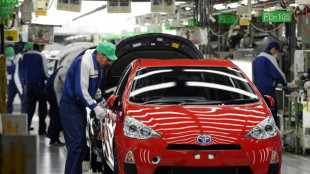
-
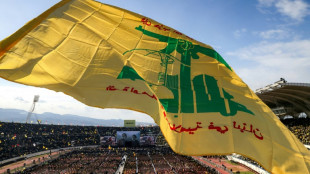 Disarming Lebanon's Hezbollah no longer inconceivable: analysts
Disarming Lebanon's Hezbollah no longer inconceivable: analysts
-
London hosts talks to find 'pathway' to end Sudan war
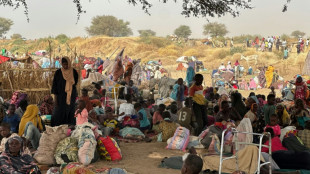
-
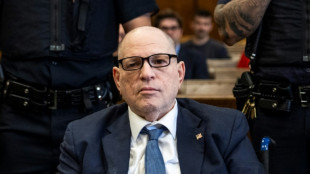 Harvey Weinstein New York retrial for sex crimes to begin
Harvey Weinstein New York retrial for sex crimes to begin
-
Meta news ban intensifying Canadians' legacy media break
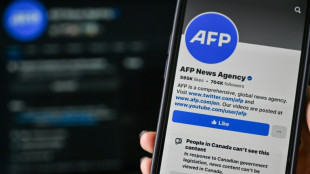
-
 All Black wing Tele'a announces Japan switch
All Black wing Tele'a announces Japan switch
-
Chinese EV battery giant CATL posts 33% surge in Q1 profit
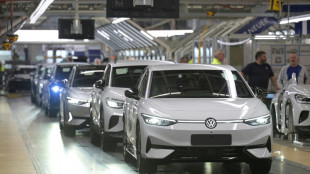
-
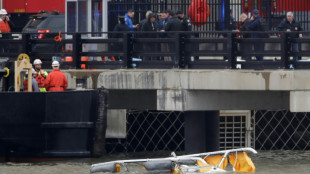 US grounds helicopter company behind fatal New York tour
US grounds helicopter company behind fatal New York tour
-
China's economy likely grew 5.1% in Q1 on export surge: AFP poll
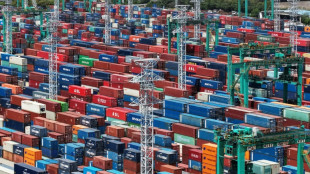
-
 S. Korea govt plans $4.9 bn more help for semiconductors as US tariff risk bites
S. Korea govt plans $4.9 bn more help for semiconductors as US tariff risk bites
-
Harvard sees $2.2 billion in funding frozen after defying Trump
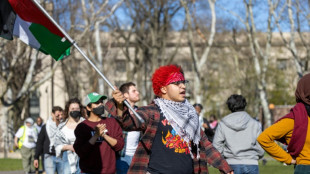
-
 Israel demands hostage release for Gaza ceasefire: Hamas
Israel demands hostage release for Gaza ceasefire: Hamas
-
GECC Reports Fiscal 2025 Q2 Financial Results

-
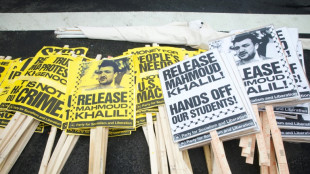 Palestinian student detained at US citizenship interview
Palestinian student detained at US citizenship interview
-
Argentina's peso sinks after currency controls eased
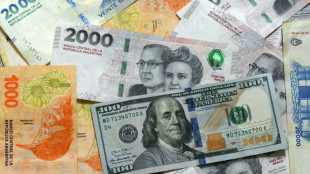
-
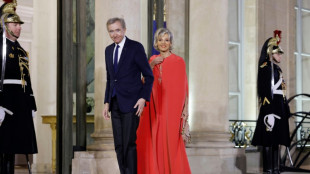 LVMH sales dip as Trump tariffs dent luxury tastes
LVMH sales dip as Trump tariffs dent luxury tastes
-
Israeli demands hostage release for Gaza ceasefire: Hamas

-
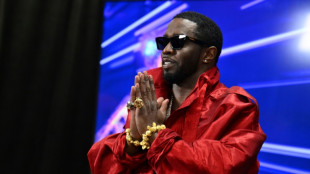 Sean 'Diddy' Combs pleads not guilty to new sex charges
Sean 'Diddy' Combs pleads not guilty to new sex charges
-
Luka Modric becomes co-owner of Championship club Swansea

-
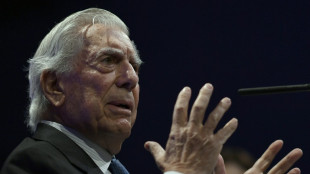 Peru mourns its literary giant Mario Vargas Llosa
Peru mourns its literary giant Mario Vargas Llosa
-
Bournemouth beat Fulham to boost European hopes

-
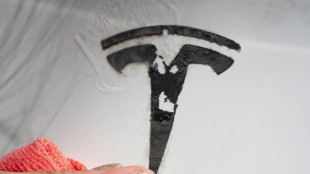 Man charged over Tesla arson as anti-Musk wave sweeps US
Man charged over Tesla arson as anti-Musk wave sweeps US
-
US opens door to tariffs on pharma, semiconductors
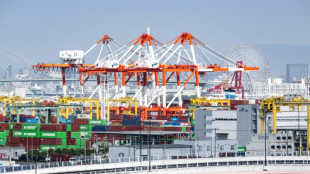
-
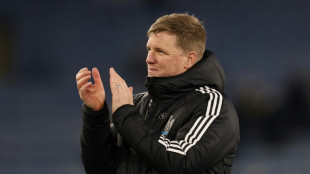 Newcastle manager Howe diagnosed with pneumonia
Newcastle manager Howe diagnosed with pneumonia
-
Alvarez bags penalty double as Atletico beat Valladolid

-
 Judge to captain USA in World Baseball Classic
Judge to captain USA in World Baseball Classic
-
Lukaku stars as Napoli keep pressure on Serie A leaders Inter
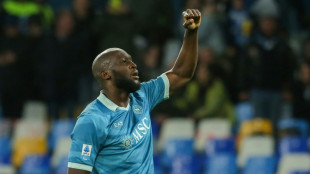
-
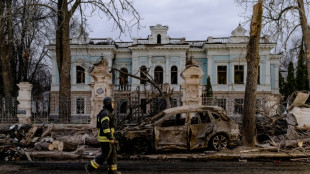 Ukrainians mourn Sumy strike victims as Russia denies targeting civilians
Ukrainians mourn Sumy strike victims as Russia denies targeting civilians
-
Trump's tariff exemptions give markets relief, but uncertainty dominates
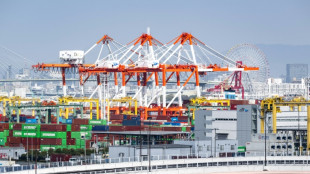
-
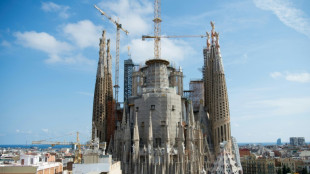 Pope paves way for 'God's architect' Gaudi's sainthood
Pope paves way for 'God's architect' Gaudi's sainthood
-
Harvard defies Trump demands for policy changes, risking funding
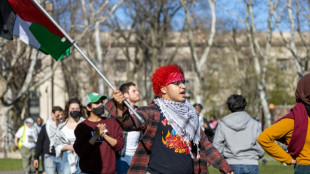
-
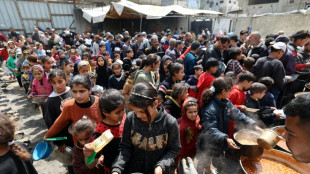 UN warns of Gaza humanitarian crisis as France, Abbas call for truce
UN warns of Gaza humanitarian crisis as France, Abbas call for truce
-
13 million displaced as Sudan war enters third year: UN
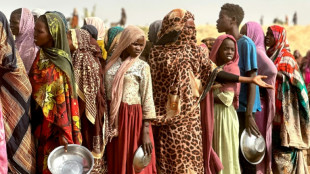
-
 Dhoni snaps Chennai's five-match IPL losing streak
Dhoni snaps Chennai's five-match IPL losing streak
-
Meta to train AI models on European users' public data
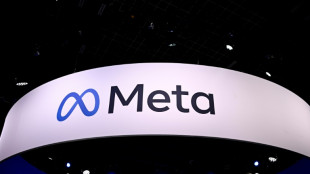
-
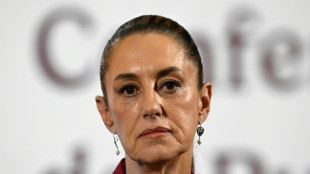 Mexican president opposes ban on songs glorifying drug cartels
Mexican president opposes ban on songs glorifying drug cartels
-
Meta chief Zuckerberg testifies at landmark US antitrust trial
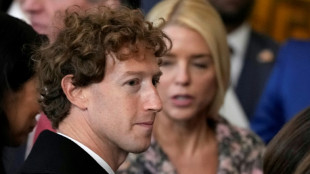

Iran says talks with US to focus solely on nuclear issue, lifting sanctions
Iran's foreign ministry said Sunday that talks with the United States slated for next weekend will remain "indirect" with Omani mediation, and focused solely on the nuclear issue and lifting of sanctions.
Iranian Foreign Minister Abbas Araghchi and US Middle East envoy Steve Witkoff held talks Saturday in Muscat, marking the highest-level Iran-US nuclear negotiations since the collapse of a 2015 accord.
They agreed to meet again in seven days.
"Negotiations will continue to be indirect. Oman will remain the mediator, but we are discussing the location of future negotiations," foreign ministry spokesman Esmaeil Baqaei said in an interview with state TV.
He said the talks would only focus on "the nuclear issue and the lifting of sanctions," and that Iran "will not have any talks with the American side on any other issue."
Analysts had said the US would push to include on the agenda discussions over Iran's ballistic missile programme along with Tehran's support for the "axis of resistance" -- a network of militant groups opposed to Israel.
Tehran has, however, maintained it will talk only about its nuclear programme.
Donald Trump in 2018 pulled out of the 2015 nuclear deal between Iran and world powers during his first term as US president.
Saturday's rare negotiations came weeks after Trump sent a letter to Iran's supreme leader Ayatollah Ali Khamenei urging nuclear talks while warning of possible military action if Iran refuses.
Iran and the US separately described Saturday's discussions as "constructive".
Iran said the talks were held indirectly with Oman's foreign minister acting as intermediary.
The negotiators, Araghchi and Witkoff, spoke directly for "a few minutes" after the talks, Tehran's foreign ministry said.
Another round of talks will be held on Saturday, April 19.
Asked about the talks, Trump told journalists aboard Air Force One: "I think they're going OK. Nothing matters until you get it done."
The process took place in a "friendly atmosphere", Omani Foreign Minister Badr Albusaidi said.
- 'Turning point' -
Iran, reeling from Israel's pummelling of its allies Hezbollah in Lebanon and Hamas in Gaza, is seeking relief from wide-ranging sanctions hobbling its economy.
Tehran has agreed to the meetings despite baulking at Trump's "maximum pressure" campaign of ramping up sanctions and repeated military threats.
On Sunday, Iranian media largely welcomed the rare talks as a "decisive turning point" in relations between the longtime foes.
Iran's conservative Javan daily praised the US for "not seeking to expand the negotiations to non-nuclear issues".
The government-sponsored newspaper, Iran, described the discussions as "constructive and respectful," quoting Araghchi.
Meanwhile, the reformist Shargh newspaper said it was a "decisive turning point" in Iran-US relations.
The hardline Kayhan newspaper, which was largely sceptical in the days leading up to the talks, lamented that Iran does not have a "plan B" while there was "no clear prospect for an agreement with Donald Trump."
It, however, lauded the fact that the American side did not bring up "the dismantling of nuclear facilities" and "the possibility of a military attack" during the discussions.
Tehran and Washington have had no diplomatic relations since shortly after Iran's 1979 Islamic Revolution that toppled the Western-backed shah.
Iran has been wary about engaging in talks with the United States, often citing previous experience and undermined trust.
After pulling out of the 2015 nuclear deal Trump reimposed sweeping economic sanctions against Iran.
Tehran continued to adhere to the agreement for a year after Washington's pullout but later began rolling back its own commitments.
Iran has consistently denied seeking to acquire nuclear weapons.
P.Costa--AMWN